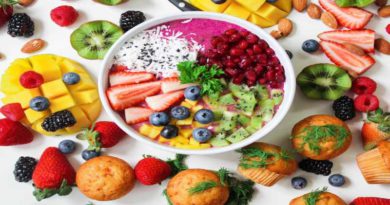How do these top vegetarian athletes get their protein?
In a world where protein is often associated with meat-heavy diets, vegetarian athletes have defied the norm by excelling in their respective sports while maintaining plant-based lifestyles. These top vegetarian athletes have not only shattered stereotypes but have also sparked curiosity about how they fuel their bodies without relying on animal products. With a myriad of plant-based protein sources available, they have found innovative ways to meet their nutritional needs, tapping into the power of legumes, tofu, tempeh, quinoa, and other protein-rich plant foods. Through strategic meal planning and careful consideration of their macronutrient intake, these athletes have proven that plant-based diets can provide the necessary fuel for peak performance, showcasing the strength and adaptability of both body and mind.
How do these top vegetarian athletes get their protein?
Venus Williams
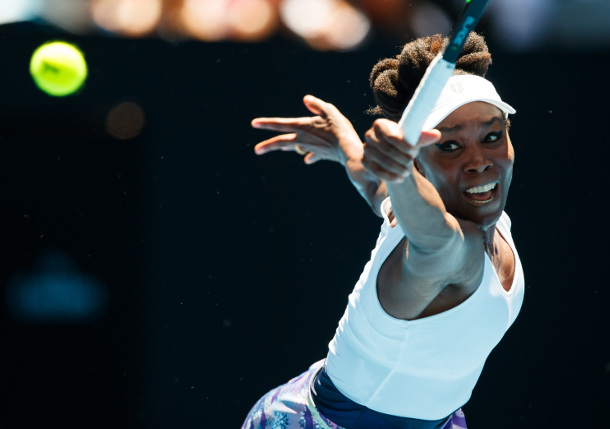
Venus Williams, the legendary tennis player, has embraced a vegetarian diet since 2011, opting for a plant-powered lifestyle to support her health and performance. Williams focuses on consuming a wide variety of nutrient-rich plant foods such as leafy greens, whole grains, legumes, and fruits. By emphasizing these plant-based sources, she ensures an ample intake of essential vitamins, minerals, and antioxidants. With her commitment to a vegetarian diet, Williams demonstrates that it is possible to thrive as an athlete while avoiding animal products. Her dietary choices not only contribute to her overall well-being but also inspire others to consider the benefits of plant-based eating.
Lewis Hamilton
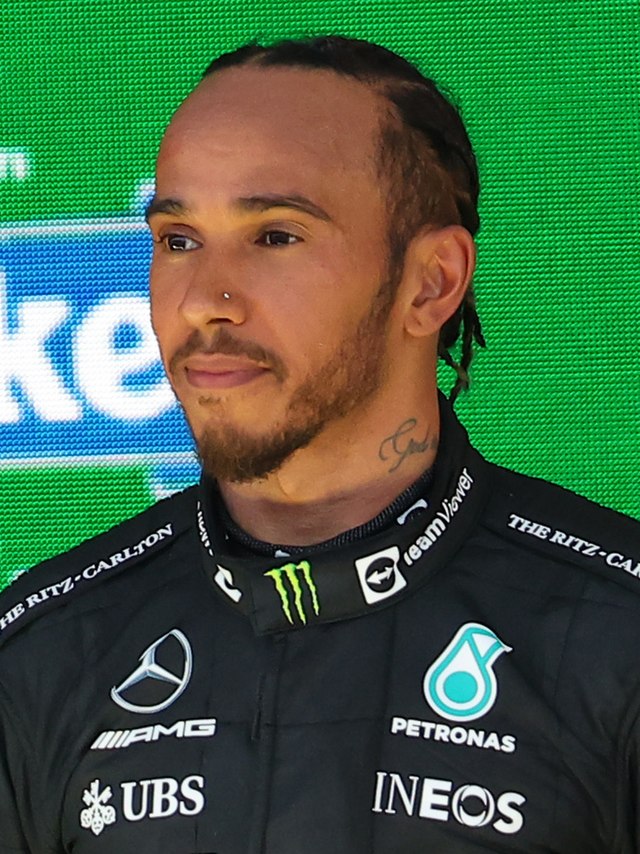
Lewis Hamilton, the accomplished Formula 1 driver, is known for his commitment to a plant-based diet. Hamilton made the transition to a vegan lifestyle in 2017, citing environmental and health concerns as motivations. He sources his protein from various plant-based foods, including legumes, tofu, tempeh, quinoa, and nuts. By following a vegan diet, Hamilton emphasizes the importance of sustainable and compassionate living while maintaining his high-performance career. His dietary choices showcase that athletes can excel on plant-based nutrition, and he uses his platform to raise awareness about the benefits of veganism, promoting a healthier, more sustainable lifestyle for all.
Novak Djokovic
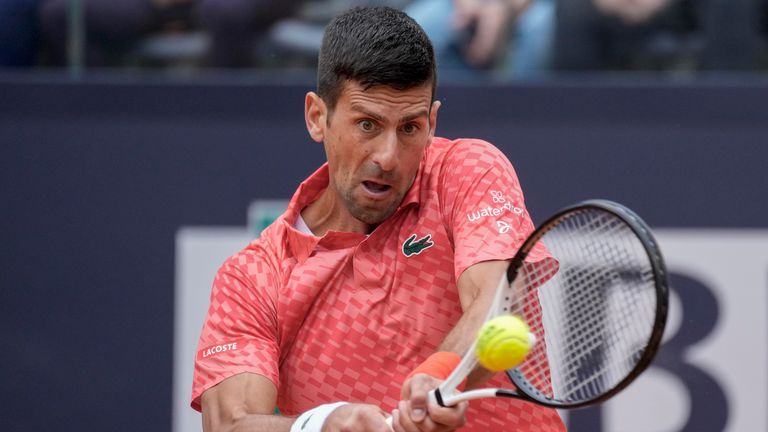
Novak Djokovic, the renowned tennis player, follows a predominantly plant-based diet to support his performance on the court. He made the decision to adopt a plant-based lifestyle in 2011 for health and ethical reasons. Djokovic’s diet consists of nutrient-dense plant foods such as fruits, vegetables, whole grains, nuts, and seeds. He ensures an adequate intake of protein through plant-based sources like legumes, tofu, and plant-based protein powders. Djokovic credits his plant-based diet for improving his overall fitness, energy levels, and mental clarity. His commitment to a plant-based lifestyle highlights the potential benefits of plant-powered nutrition for athletes, inspiring others to consider this dietary approach.
Tia Blanco
Tia Blanco, a professional surfer, has embraced a plant-based lifestyle and incorporates it into her athletic journey. Blanco’s decision to adopt a vegetarian diet stemmed from her desire to promote sustainability and compassion towards animals. She sources her protein from various plant-based sources such as tempeh, lentils, quinoa, and hemp seeds. Blanco believes that her plant-based diet contributes to her overall well-being and helps optimize her athletic performance. By advocating for a plant-powered lifestyle, she aims to inspire others to consider the environmental and ethical impact of their dietary choices while showcasing the potential benefits of plant-based nutrition for athletes.
Morgan Mitchell
Morgan Mitchell, an Australian sprinter, has embraced a vegetarian diet as part of her athletic journey. Mitchell has been a vegetarian since childhood and continues to follow this lifestyle to fuel her performances on the track. She obtains her protein from plant-based sources such as chickpeas, lentils, quinoa, and plant-based protein shakes. Mitchell believes that her vegetarian diet contributes to her overall health, energy levels, and recovery. By showcasing her success as a vegetarian athlete, she challenges the notion that animal products are essential for athletic performance. Mitchell serves as an inspiration for others looking to excel in sports while following a plant-based lifestyle.
Meagan Duhamel
Meagan Duhamel, a Canadian figure skater, has embraced a vegetarian diet throughout her athletic career. Duhamel made the decision to adopt a vegetarian lifestyle for ethical reasons, as she wanted to align her diet with her love for animals. She sources her protein from plant-based foods such as tofu, lentils, quinoa, and other legumes. Duhamel believes that her vegetarian diet has positively impacted her performance by providing her with the necessary nutrients and energy.
Nate Diaz

Nate Diaz, a mixed martial artist, is well-known for his adherence to a vegan diet. Diaz made the switch to a vegan lifestyle several years ago and sources his protein from plant-based foods such as beans, rice, lentils, and plant-based protein shakes. He credits his vegan diet for improving his overall health, energy levels, and recovery. Diaz’s commitment to a plant-based lifestyle extends beyond his personal choices, as he uses his platform to promote the benefits of veganism and advocate for animal welfare. His success in the world of mixed martial arts serves as a testament to the potential of plant-based nutrition for athletic performance.
Fiona Oakes

Fiona Oakes, a marathon runner, is a dedicated advocate for veganism and follows a vegan diet herself. Oakes’s background includes being a farmer and animal sanctuary owner, which influenced her decision to adopt a plant-based lifestyle. She sources her protein from plant-based foods such as legumes, oats, and plant-based protein powders. Oakes has achieved remarkable feats in her running career, including setting records in various marathons. Her athletic accomplishments demonstrate that a vegan diet can provide the necessary nutrition and endurance for high-performance sports. Oakes is not only an inspiration to fellow athletes but also an advocate for the ethical treatment of animals and the benefits of a plant-based lifestyle.
Patrik Baboumian

Patrik Baboumian, a strongman and former bodybuilder, is renowned for his vegan lifestyle. Baboumian transitioned to a vegan diet in 2011 after questioning the ethics of animal agriculture. Despite concerns about protein intake, he found that a plant-based diet provided him with all the nutrients necessary for strength and performance. Baboumian shattered records in the strongman world, including setting a world record for the yoke walk in 2013. He uses his platform to promote veganism and dispel the myth that animal products are essential for strength and muscle development. Baboumian serves as living proof that a plant-based diet can fuel extraordinary physical achievements.
Scott Jurek

Scott Jurek, an ultramarathon runner, is a prominent advocate for plant-based nutrition. Jurek adopted a vegan diet in 1999 and credits it for enhancing his athletic performance and overall well-being. He sources his protein from plant-based foods such as beans, lentils, quinoa, and hemp seeds. Jurek’s accomplishments in ultramarathons are impressive, including setting records in events like the Western States 100-Mile Endurance Run. Through his achievements and public speaking engagements, Jurek educates others about the benefits of a plant-based lifestyle for athletic performance and health. He serves as an inspiration for both athletes and individuals looking to explore plant-powered nutrition.
These athletes demonstrate that plant-based nutrition can support muscle development, endurance, and recovery, while also offering numerous health and environmental benefits. Their success challenges the misconception that animal products are necessary for optimal athletic performance. As more athletes embrace vegetarian diets, the sports world continues to witness the power of plants in fueling extraordinary achievements. Like this post? Don’t forget to check out our other short stories in our Sport section




